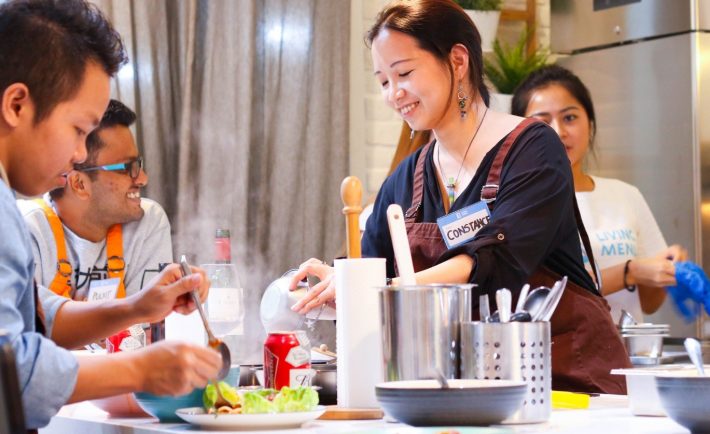As I was listening to Frank Sinatra’s song entitled “Love and Marriage”, I realized how different we perceive marriage today. The song highlights how marriage cannot exist without love. These two elements were believed to go together like a horse and a carriage. These days, marriage does not depend on the presence of love.
When Singaporeans are given a choice to weigh between the importance of love and marriage, answers will vary. Firstly, Singaporeans are heavily goal-oriented. They will ask you about the gains that they can reap when doing a specific task. Very few people will do something without asking what is in it for them. Perhaps this is due to the competitive education system or the exhausting high cost of living. There is simply no time left to mess around! Either way, the goal-driven mentality leaves little room for flexibility in a relationship. People constantly ask themselves what they can achieve within a potential relationship.
In addition to reaching their goals, Singaporeans are motivated to move out of their parents’ home. The primary obstacles blocking their paths are the housing laws governing the HDB properties. You see, only singles aged 35 and above can purchase HDB properties. Another alternative is to tackle the overwhelming prices of private properties and monthly rents. This is why many couples see marriage as a way out!
Say that you are waving the flag of commitment. Couples are given six months to tie the knot upon receiving keys to their new property. Otherwise, you can face a major monetary loss. Keep this in mind when deciding to propose.

Image Credits: pixabay.com
Personally, I see how money leans on love and vice versa. You have to make a living at some point. No matter how smitten you are about this person, one or both you need to do something to pay the monthly expenses. Money is important to make your marriage work. Yes! Money may not be able to buy your happiness, but you can use your free time to work on things that you are passionate about. Lastly, things you do solely for love can be transformed into profitable ventures (e.g., passion projects).
Ultimately, taking control of your life is a choice. You get to choose how you spend your money. You get to choose whom you will spend it with. You get to choose who and what you will love. Hence, your challenge is to create a lifestyle that gives you freedom.















